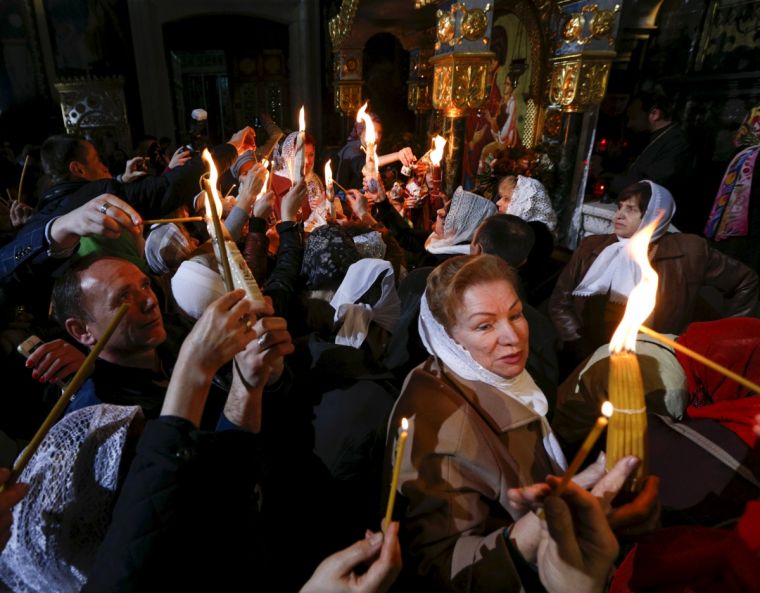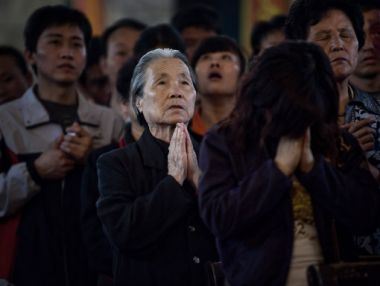Anglican Primates agree to set fixed, common date for Easter

Anglican leaders meeting in Canterbury this week have agreed for the first time to work with Orthodox Christian leaders to move towards a fixed date for Easter.
Helping negotiate an agreement between Christian churches to fix Easter to a set Sunday in April would end centuries of disruption around the date and endear the Archbishop of Canterbury Justin Welby to schools, businesses, holiday companies and millions more individuals in the UK and abroad, throughout the world.
Although there have been unsuccessful attempts to do this before, the latest initiative is the brainchild of Patriarch Tawadros II, Pope of the Coptic Orthodox Church.
Archbishop Welby said in Canterbury today: "Pope Tawadros has suggested that Easter is fixed around the second or third Sunday in April and the Primates agreed that they support that." He added: "I would love see it before I retire. The first attempt to do this was in the tenth century so it may take some time."
He predicted it could be done in five to ten years, because all sorts of things such as school holiday dates for some years ahead had already been settled.
Few people grasp the maths behind Easter, although this writer explains that it is calculated using both the Sun and Moon and is on the first Sunday after the Paschal Full Moon. It changes each year according to the Julian calendar used by Eastern churches and the Gregorian calendar used in the West, and only occasionally falls on the same date for both East and West.
One Anglican Primate, Archbishop Mouneer Anis of the Diocese of Egypt, has from this week committed his province to following the Julian calendar or the Orthodox date for Easter as a gesture of solidarity to his Coptic neighbours in the Middle East.
The earliest Easter can fall in the Gregorian calendar is March 22, not due to occur again until 2285. The latest is April 25. Easter this year falls comparatively early, on Sunday 27 March.
Christian Today reported last May that the proposal to unify the date of Easter for all Christian churches was being seriously considered.

Pope Tawadros made the case for unified Easter in a letter sent in May 2014 to Pope Francis.
Archbishop Welby discussed the issue with Bishop Angaelos, General Bishop of the Coptic Orthodox Church in the United Kingdom, during his visit to Egypt last year.
Bishop Angaelos said last year: "In principle it is a good idea at least to show a visible solidarity, but even if it does not happen immediately at least the process shows a fellowship and intention to come closer and bring members of our Churches closer.
"It is something that everyone thinks is a very good idea. We are trying to see how we might make it happen. The initial steps are just reaching out and trying to get some agreement on the principle. It is not going to be a simple process but at least if the conversation is happening, it brings us one step closer."
A 1997 consultation by the World Council of Churches looked at moving towards a common date for Easter. The Orthodox Theological Society in America adopted a resolution in 2001 endorsing the WCC proposal for a common date on the basis that it accounted for the vernal equinox, for the full moon on the same basis and for the Nicene Fathers' recommendations concerning the Jewish Passover.
In Britain, as long ago as 1928 Parliament passed the Easter Act which would have fixed Easter as the first Sunday after the second Saturday in April. The law has never been implemented because until now it has never been possible to get agreement from all the Churches.











